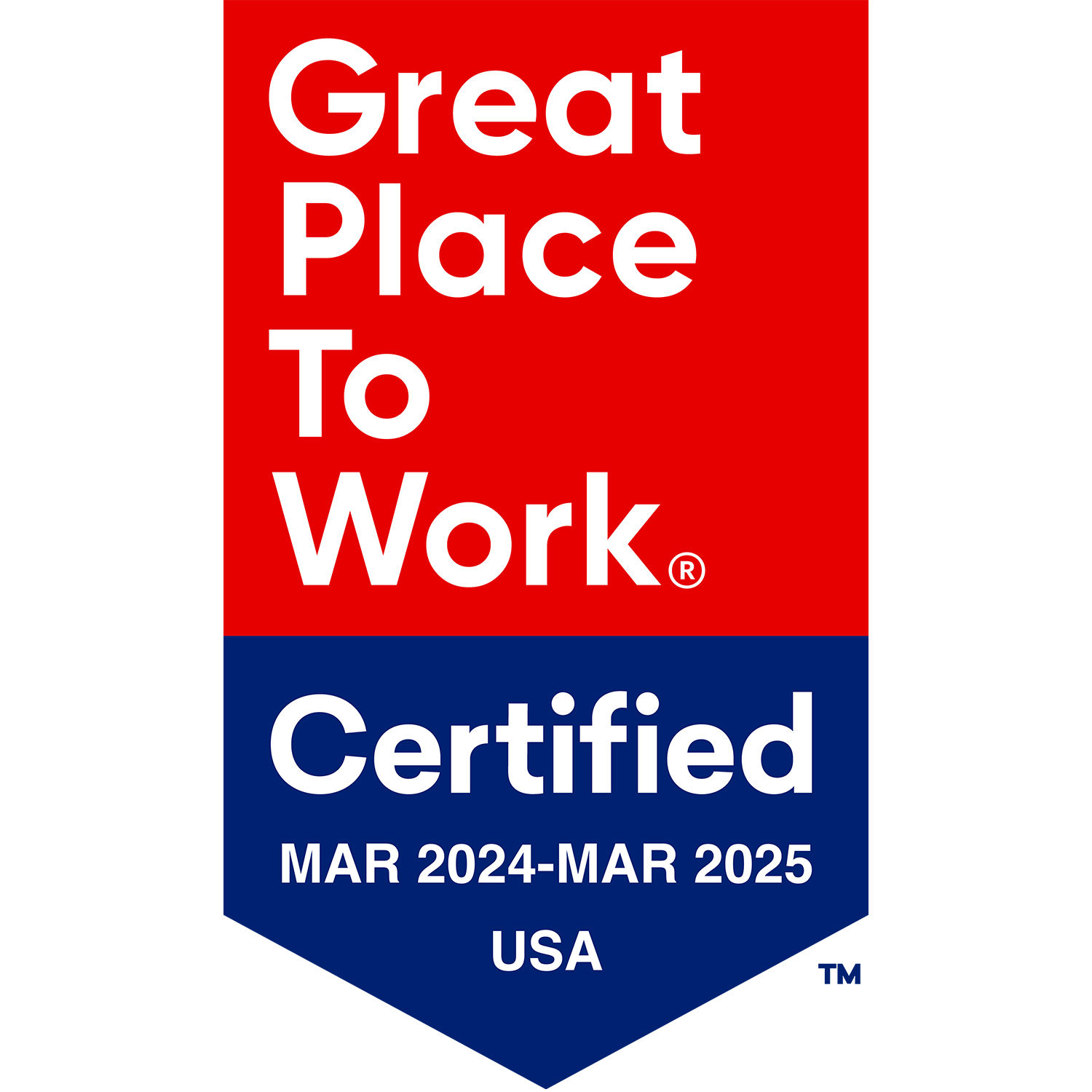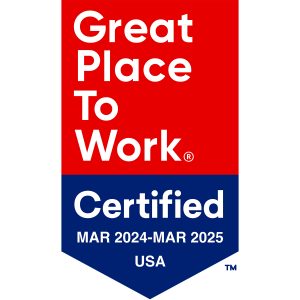By Rick Banas of assisted living provider BMA Management, Ltd.
The #1 diagnosed health condition in the United States is hypertension or persistent high blood pressure, Michael Joyce told those of us attending the informational programs he conducted last week at our Heritage Woods affordable assisted living communities in Manteno and Watseka.
The condition can affect your heart, brain, kidneys, arteries and eyes. It is known as The Silent Killer because often there are not a lot of symptoms. It can cause depression, increased urinary frequency, sexual dysfunction and a cough. If your blood pressure becomes very high, you may experience fatigue, a decrease in your ability to tolerate physical activity, dizziness, heart palpitations, chest pains (angina) because your heart is not getting enough oxygen, and shortness of breath (dyspnea).
Mike is the CEO of Oasis Medical Services in Bradley, Illinois, and has been a registered nurse since 1991.
He recommended Ten Lifestyle Modifications that you can make to reduce your risk of hypertension:
Maintain a healthy weight.
Reduce your intake of salt. Eat foods that are low in sodium. Buy fresh poultry, fish and lean meats. Eat fresh, plain frozen or canned with “no salt added” vegetables. Use herbs, spices and salt-free seasonings and decrease or eliminate use of table salt. Avoid foods that contain high amounts of sodium such as smoked or processed meats; pastries or cakes made from self-rising flour; bouillon, sardines, tomato juice, frozen or canned peas, canned spinach and canned carrots.
Increase physical activity.
Stop smoking.
Limit your consumption of alcohol.
Limit your intake of fat.
Control diabetes, if you have this condition.
Practice stress relieving techniques such as meditation, deep breathing and visualization.
Monitor your blood pressure.
Take you blood pressure medications as prescribed.
Mike also shared some good news for those of us who are Chocolate Lovers. Research indicates that the regular consumption of chocolate may help reduce the risk of hypertension.

He went on to dispel some of the Myths about Chocolate.
Myth: Chocolate is high in caffeine.
Fact: A 1.4-ounce bar of chocolate or an 8-ounce glass of chocolate milk contain 6 mg of caffeine. A cup of regular coffee contains about 65 to 135 mg of caffeine.
Myth: Chocolate is loaded with saturated fat and is bad for your cholesterol.
Fact: Stearic acid, the main saturated fat found in milk chocolate is unique. It does not raise cholesterol levels like other types of saturated fats. In fact, eating a 1.4 ounce chocolate bar has been shown to increase HDL (good) cholesterol levels.
Myth: Chocolate lacks any nutritional value.
Fact: Chocolate is a good source of magnesium, copper, iron and zinc. Chocolate also contains polyphenols (the antioxidant found in tea and red wine) that has been associated with a decreased risk of coronary disease.
Myth: Chocolate causes weight gain.
Fact: An average chocolate bar contains 220 calories and 15 grams of fat. It can be part of a healthy diet if consumed in moderation. In addition, enjoying a piece of chocolate may reduce the risk of severe bingeing, which can occur if you feel deprived of your favorite foods.
All affordable assisted living communities managed by BMA Management, Ltd. are certified and surveyed by the Illinois Department of Healthcare and Family Services. All assisted living communities are licensed and surveyed by the Illinois Department of Public Health.
“BMA Management, Ltd. is the leading provider of assisted living in Illinois
and one of the 20 largest providers of assisted living in the United States.”
What are your thoughts? Leave a comment and let us know.





